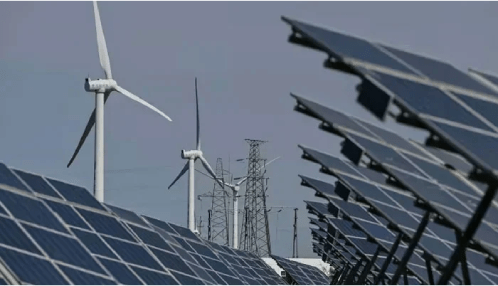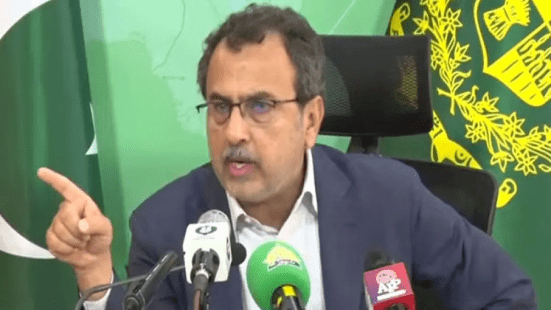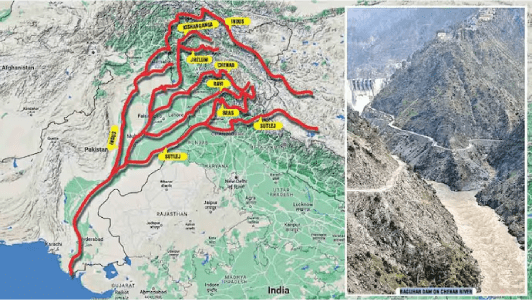SHANGHAI, March 4, 2021 /PRNewswire/ — Shanghai Electric (the “Company”) (SEHK: 02727, SSE: 601727), the world’s leading manufacturer and supplier of electric power generation equipment, industrial equipment and integration services, has received the Annual Corporate Social Responsibility Award from the Karachi branch of the All-Pakistan Chinese Enterprises’ Association (APCEA). The award recognizes the Company’s contribution to the social development of the region in 2020, and its active commitment to CSR.
“We are truly honored to receive this recognition from the APCEA. Shanghai Electric will continue to promote the development of the China-Pakistan Economic Corridor in the future and strive to ensure the smooth construction and operation of the Thar Block-1 Integrated Mining-Power project. At the same time, we remain steadfastly committed to promoting the advancement of Pakistan’s energy projects, in order to benefit more people in the local community,” said Meng Donghai, CEO of Thar Coal Block-1 Power Generation Company.
The Thar Block-1 Integrated Mining-Power project (“the Project”) was impacted by the COVID-19 pandemic last year, which in turn affected the local community in Mithi City and the wider Sindh Province. As the project developer, Shanghai Electric swiftly responded when the Pakistani government implemented lockdown measures in March 2020, working closely with the Sindh Government to assist locals during the challenging period.
In April, the Company donated essential supplies to Pakistan’s 441 Infantry Brigade to ensure the safety of the army. Shanghai Electric also donated supplies to Mithi City, and distributed protective materials, grain and oil to help local teams address food and clothing shortages in impoverished villages. Later in July, Thar Coal Block-1 Power Generation Company together with the Sino Sindh Resources Company on behalf of Shanghai Electric donated 6 million rupees to Sindh Province to found Corona Virus Emergency Fund, which aims to help the local government and community tackle the epidemic challenges.
At the same time, the Project is trying to overcome numerous difficulties and accelerated implementation, whilst ensuring compliance with pandemic prevention and control measures. The entry and opening of the main plant’s steel structure was completed in July 2020, laying a solid foundation for the on-time completion of subsequent project nodes.
The national lockdown and travel restriction slowed down the construction progress of the project at the height of the pandemic in Pakistan last year. To swiftly respond to the emergency, Shanghai Electric arranged charter flights to dispatch engineers and workers to accelerate the project progress, alongside 4 tonnes of personal protective equipment, essential supplies, office supplies and emergency medicine also to on-site employees.
Over the past year, Shanghai Electric has made continuous efforts to promote local employment in Sindh Province. As of January 2021, the Project had more than 5,000 employees working on the site — over 75% of whom are local staff. Shanghai Electric organized dedicated pre-job training to help workers improve their working skills, and brought senior Chinese technicians on board to pass on their skills, knowledge and experience to locally hired workers. In October 2020, the power company held a soldering competition to encourage local welders to demonstrate their professional expertise in the spirit of pursuing perfection.
The Thar Block-1 Integrated Mining-Power Project was developed by Shanghai Electric under the Belt and Road Initiative and a priority energy cooperation project under the China-Pakistan Economic Corridor (CPEC). It is also part of an effort by the Government of Pakistan to improve energy security and reduce the average cost of power generation by moving from imported fuel to local coal.
The Project is developed with an annual production capacity of 7.8 million tons of coal and features two 660-megawatt coal-fired power plants that can deliver affordable and reliable electricity for approximately 4 million Pakistani households with environment-friendly technology.







